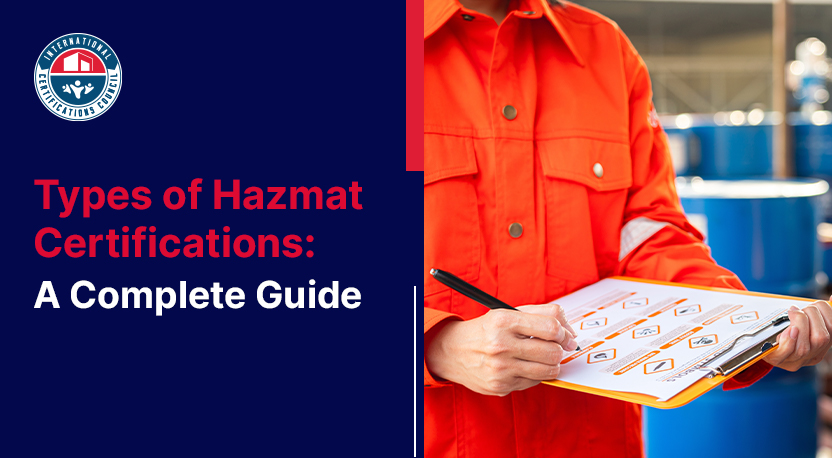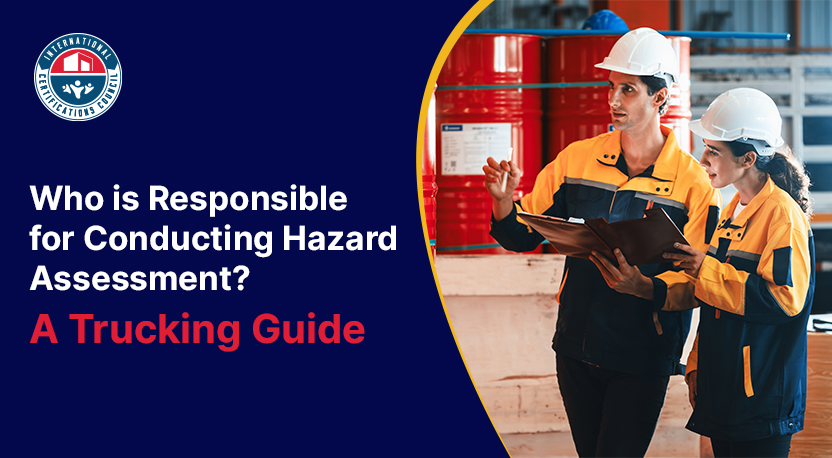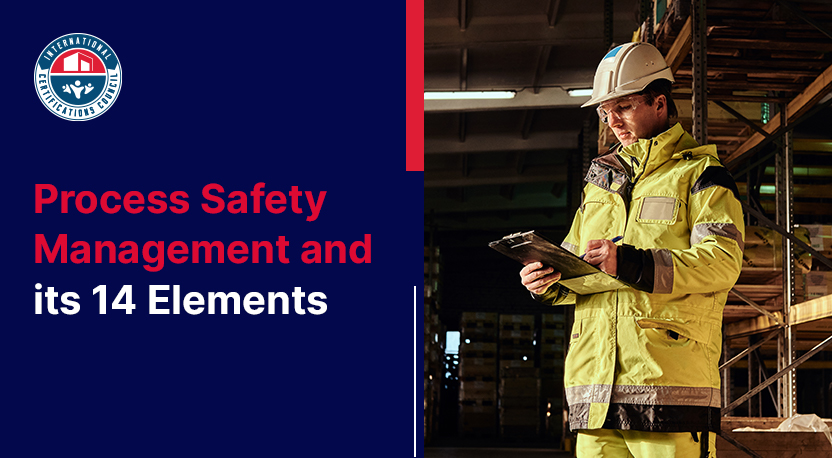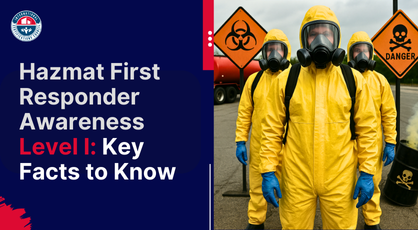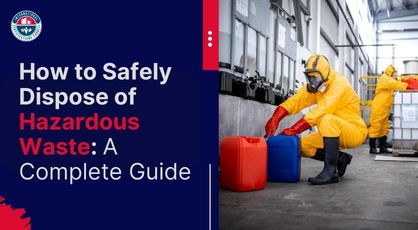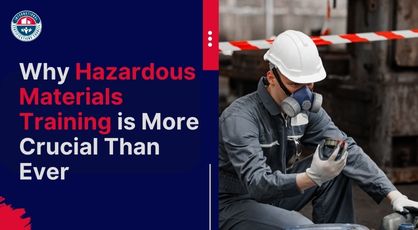Occupational safety is one of the most vital but yet often overlooked forms of public health. It is underscored by the fact that over 60% of the U.S. population makes the nation's workforce, as per the U.S. Bureau of Labor Statistics.
If you want to keep your employees, drivers, and workers, as well as the public safe while transporting hazardous materials, it's important that you don't overlook safety. A DOT HAZMAT certification course equips your employees with the necessary skills and knowledge they need to handle hazardous materials safely and comply with regulations.
If your business is new to handling, managing or transporting hazardous goods or materials, you might have a plethora of questions about DOT training: what it is, what it includes, why it matters?
Although these are common questions about HAZMAT training, finding all the answers can be difficult. That's why we’ve created a list of ten FAQs to help you before you get your DOT HAZMAT certification.
1. What is HAZMAT Training?
HAZMAT training is a program that intends to teach people how to handle, manage and transport hazardous materials safely. This training covers many areas which include recognition of dangerous substances, appreciating regulations required, handling incorrectly, responding to emergencies as well as avoidance measures for accidents or incidents occurring. It guarantees the workers have knowledge and abilities associated with working with hazardous materials within safety regulations.
2. Who needs DOT HAZMAT certification?
DOT HAZMAT certification is essential for anyone involved in handling, packing, labeling, managing or transporting hazardous materials. This includes individuals across various industries such as transportation, logistics, healthcare, aerospace, construction, manufacturing, and more.
3. What does DOT HAZMAT training include?
DOT HAZMAT training involves numerous topics to gain a comprehensive appreciation of this aspect and conformity to the rules. Some of these areas are:
General awareness: Familiarizing with hazardous substances including identification, categorization and hazards that occur.
Security awareness: Identifying and taking appropriate measures towards preventing security threats resulting from dangerous materials so as to improve their safety or avoid any instances of change or manipulation
Safety measures: Learning about safety procedures in order to minimize possible accidents, injuries and environmental damage while handling, storing or transporting hazardous wastes.
Function-specific knowledge: Customized education depending on specific tasks assigned to an individual will enable him/her perform them safely as well as effectively.
4. Is DOT HAZMAT training mandatory?
Yes, DOT HAZMAT training is mandatory as per the Hazardous Materials Regulation (HMR) enforced by the Department of Transportation (DOT). Compliance with HMR regulations is essential to ensure the safe transportation of hazardous materials and protect public safety. Failure to comply with training requirements can result in penalties and legal consequences.
5. Can I complete DOT HAZMAT training online?
Yes, you can complete DOT HAZMAT online with platforms like ICCouncil that offer various DOT HAZMAT certification courses. Online training provides flexibility and convenience and allows you to complete the training at your own pace and schedule.
6. How long does DOT HAZMAT training take?
The duration of DOT HAZMAT training varies depending on the specific course and the individual's prior knowledge and experience. Basic courses typically require a minimum of three hours to cover essential topics, while more comprehensive training may take longer. Online platforms allow learners to progress at their own pace, making it easier to accommodate busy schedules.
7. Do I need to renew my DOT HAZMAT certification?
Yes, DOT HAZMAT certification requires renewal every three years to ensure that you stay updated with changes in regulations, industry standards, and best practices. Renewal training may be necessary to refresh knowledge and skills, especially if job roles have changed or new regulations have been implemented.
8. Why is additional training required for transporting lithium batteries?
Transporting lithium batteries presents unique safety risks due to their flammability. Additional training ensures that individuals understand the specific handling and safety protocols associated with lithium batteries to mitigate potential hazards.
9. What happens if I work in multiple transportation fields?
If you work in multiple transportation fields, you may need to undergo additional training to meet specific regulatory requirements for each industry. Each mode of transportation (e.g., ground, air, water) may have its own set of regulations and training requirements. It's essential to ensure that you have comprehensive knowledge and compliance across all relevant areas to safely handle hazardous materials in various transportation contexts.
10. Can I retake the DOT HAZMAT test if I fail?
Yes, individuals can retake the DOT HAZMAT test as many times as needed to achieve a passing score, typically set at 80% or higher. However, additional attempts may require payment of fees, depending on the testing provider. It's essential to thoroughly review study materials and prepare adequately before retaking the test to increase the chances of success.
Obtaining your DOT HAZMAT certification is crucial for ensuring safety and compliance in hazardous materials transportation. Take the necessary steps to complete your certification and contribute to a safer working environment.
Ready to begin your journey towards DOT HAZMAT certification? Enroll in the ICCouncil Online DOT HAZMAT Certification Course today. Gain essential knowledge and skills for safe and compliant hazardous materials handling. Start your training journey now!

